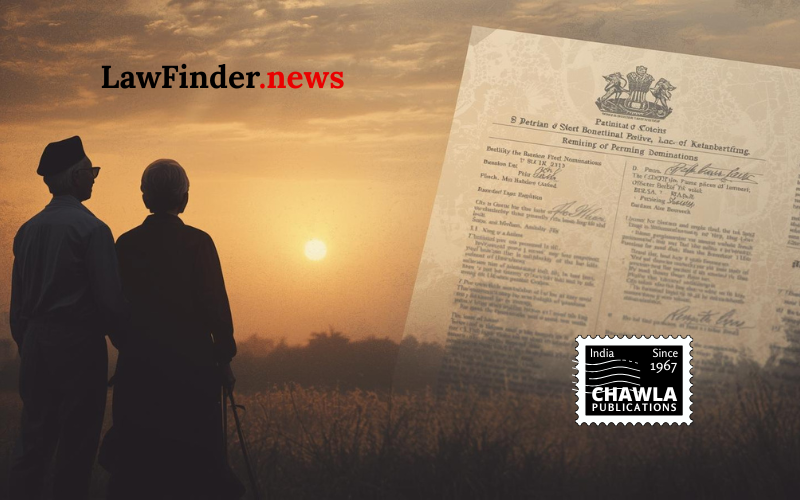Valid nominations made by a government servant in favor of a family member remain binding and subsisting, even after subsequent marriage, unless altered or canceled in accordance with applicable rules.
New Report:
In a significant ruling, the Delhi High Court has dismissed the writ petition filed by Neelam Tripathi, the widow of late Inspector Ashish Tripathi of the Border Security Force (BSF), seeking to quash the nominations made by her deceased husband in favor of his mother for various service-related benefits. The court upheld the validity of the nominations made by Inspector Tripathi prior to his marriage, emphasizing that these nominations remain binding unless altered or canceled in compliance with the applicable rules.
The Division Bench, comprising Justices Subramonium Prasad and Saurabh Banerjee, underscored that the nominations for Death-Cum-Retirement Gratuity (DCRG) and General Provident Fund (GPF) made by Inspector Tripathi favoring his mother, Smt. Shradha Tripathi, were lawful and subsisting. The court clarified that under the Central Civil Service (Pension) Rules, 1972, and the General Provident Fund (Central Services) Rules, 1960, such nominations remain effective unless specific contingencies or alternate nominees are specified, which was not the case here.
The petitioner, Neelam Tripathi, argued that since she was married to Inspector Tripathi at the time of his demise, she should be the rightful recipient of the benefits. She contended that her status as the next of kin and the official entry in the BSF records should entitle her to the financial entitlements. However, the court rejected these claims, stating that the nominations made by the deceased officer were in favor of a family member, and the rules did not necessitate a change in nominations following marriage.
The court further highlighted that the role of a writ court is limited to examining the correctness of procedures and adherence to rules, rather than adjudicating rights under the law of succession. Consequently, the court found no procedural faults in the BSF's disbursement of benefits according to the valid nominations on record.
The judgment also clarified that the designation of a next of kin (NOK) in official documents does not supersede the rights established by valid nominations. The court reiterated that the mother, as a family member under the relevant rules, rightfully received the benefits as nominated.
With this decision, the Delhi High Court reaffirms the binding nature of valid nominations made by government servants, emphasizing the necessity for any changes to comply strictly with the procedural requirements set forth by the governing rules. The ruling is expected to set a precedent in similar cases where nominations made prior to marriage are contested by subsequent family members.
Neelam Tripathi v. Union of India, (Delhi)(DB) : Law Finder Doc Id # 2778244




